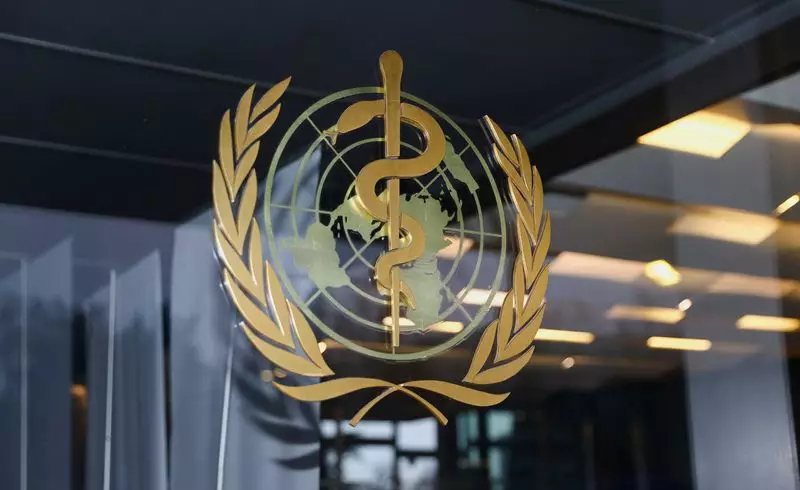The recent decision by the United States to withdraw from the World Health Organization (WHO) marks a significant turning point, especially for African nations that heavily rely on international aid for their health initiatives. President Donald Trump’s executive order, which was signed just days after his second inauguration, comes at a precarious time when global health infrastructure is already under pressure due to the ongoing COVID-19 pandemic. The Africa Centres for Disease Control and Prevention (Africa CDC) has voiced its apprehensions regarding the ramifications this withdrawal will have on health programs throughout the continent, urging African nations to seek alternative funding sources.
The Africa CDC operates as a critical pillar in the continent’s response to health crises, providing support for disease control initiatives, vaccination programs, and public health awareness. The organization’s senior official, Ngashi Ngongo, articulated the critical role that the WHO has played in enhancing health service delivery across Africa. The anticipated loss of U.S. funding—arguably WHO’s most significant financial contributor—can destabilize various public health programs.
Countries such as Zimbabwe, which are grappling with severe health challenges including high rates of HIV/AIDS, have been particularly wary of the U.S. decision. Zimbabwe’s finance minister pointed out that withdrawing U.S. support could have devastating effects on health aid that many nations count upon. This concern reflects a broader anxiety across numerous African nations that are now at a crossroads, prompted to reevaluate their public health financing strategies.
In light of these challenges, the Africa CDC has signaled its intent to adapt and explore new financial partnerships outside of the traditional U.S.-WHO framework. Ngongo suggested that the organization would assess potential funding opportunities with non-African countries to mitigate the anticipated shortfall. Presumably, these alternative avenues could range from engaging with international philanthropic organizations to fostering partnerships with other nations that share a commitment to enhancing health outcomes in Africa.
However, this shift in strategy poses its own set of challenges. Diversifying funding sources requires not just the hunt for alternative financial support but also the capability to manage relationships and negotiate funding agreements effectively. Moreover, such endeavors could lead to varying degrees of financial instability, as many countries may not possess the necessary infrastructure to attract investment efficiently.
As the world navigates the complexities of public health amidst a pandemic, the effects of the U.S. withdrawal from the WHO extend far beyond funding; they touch on the collaborative nature of global health strategies. Without a strong financial backbone provided by one of its largest benefactors, WHO’s effectiveness in managing health crises—especially in under-resourced areas such as Africa—may be significantly compromised.
It is imperative for African governments to act swiftly and strategically to safeguard public health funding and outcomes. This could involve consolidating efforts to develop self-reliant health systems that are less dependent on external funding. Ultimately, proactive measures and innovative financing strategies are needed not only to counteract the immediate loss of U.S. support but also to build a resilient healthcare infrastructure for the future.

